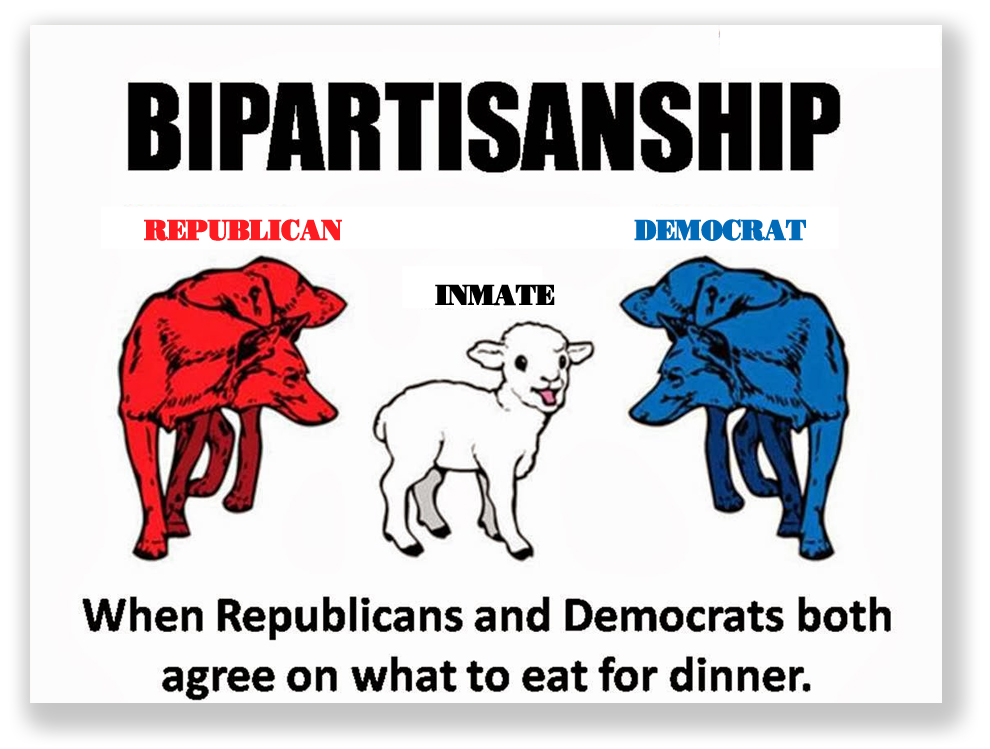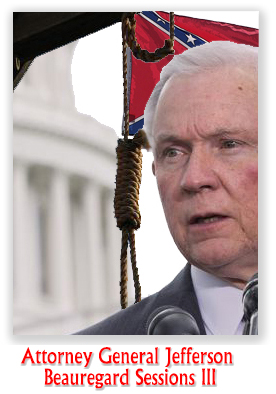We post news and comment on federal criminal justice issues, focused primarily on trial and post-conviction matters, legislative initiatives, and sentencing issues.

CONGRESS RETURNS TO TOWN WITH CRIMINAL JUSTICE REFORM STILL ON ITS PLATE
The House and Senate were not in session last week, as legislators celebrated the July 4th holiday however they do it. The Senate returns today, and the House tomorrow, with the criminal justice debate still hot, and an announcement about a new Supreme Court justice looming.
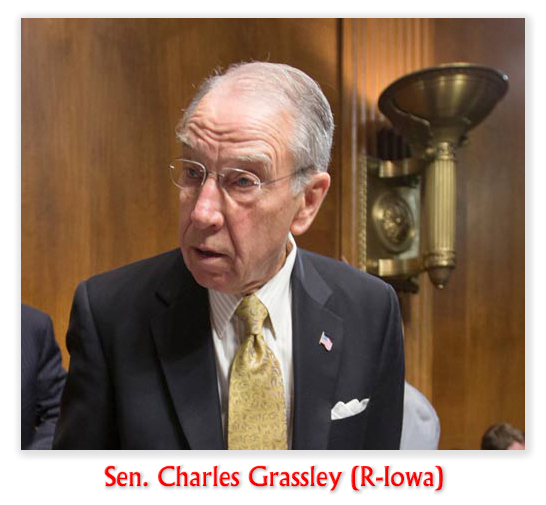 A recap: The House has passed the FIRST STEP Act, which proposes a number of prison reforms, including a full 54 days a year of good time, better compassionate release and elderly prisoner release policies, and credits for programming that can be used to earn more halfway house and home confinement. The bill is stalled in the Senate, because the senior Republican and Democrat on the Judiciary Committee – Charles Grassley (R-Iowa) and Dick Durbin (D-Illinois) – do not want the FIRST STEP’s prison reform without sentencing reform bundled along with it.
A recap: The House has passed the FIRST STEP Act, which proposes a number of prison reforms, including a full 54 days a year of good time, better compassionate release and elderly prisoner release policies, and credits for programming that can be used to earn more halfway house and home confinement. The bill is stalled in the Senate, because the senior Republican and Democrat on the Judiciary Committee – Charles Grassley (R-Iowa) and Dick Durbin (D-Illinois) – do not want the FIRST STEP’s prison reform without sentencing reform bundled along with it.
The sentencing reform proposals are contained in the Sentencing Reform and Corrections Act of 2017. SRCA proposes to make the Fair Sentencing Act retroactive for crack defendants sentenced before the 2010 FSA, to unstack 18 USC 924(c) sentences, and to reduce a substantial number of the mandatory minimums in 21 USC 841(b), which are generally known as “851 enhancements.” As of the end of June, Grassley and Durbin were pressing President Trump to support SRCA as well as FIRST STEP, and we were observing that as of 9 pm this evening (when Trump names his Supreme Court nominee), he is going to need a lot of help from Grassley to get the nominee through the Judiciary Committee.
Trump is needed, because all indications are that Senate Majority Leader Mitch McConnell does not intend to bring FIRST STEP or SRCA to a Senate vote without White House approval. If the bills are not voted on by the end of the year, they will die, and the whole process will have to start over next January.
 Of course, Attorney General Jefferson Beauregard Sessions III is dead set against any reduction of mandatory minimums or extension of the FSA, and his conflict with Jared Kushner, Trump’s son-in-law and advisor, over reform has not helped McConnell find his backbone. In a thoughtful opinion piece in The Washington Post last Thursday, Michael Gerson noted the success Texas have had with modifying harsh mandatory minimums, and suggested that the evidence means
Of course, Attorney General Jefferson Beauregard Sessions III is dead set against any reduction of mandatory minimums or extension of the FSA, and his conflict with Jared Kushner, Trump’s son-in-law and advisor, over reform has not helped McConnell find his backbone. In a thoughtful opinion piece in The Washington Post last Thursday, Michael Gerson noted the success Texas have had with modifying harsh mandatory minimums, and suggested that the evidence means
that the criminal-justice views of the attorney general are far to the right of the Texas state legislature, which puts him in small and disturbing company. It means that Sessions’ opposition to sentencing reform is rooted in vindictiveness and ideology rather than a conservative respect for facts and outcomes. And it means that Sessions has learned nothing from federalism, which he seems to respect only when it fits his preconceptions.
Gerson argued that prison reform should succeed because of “trans-partisanship,” which is defined as “agreement on policy goals driven by divergent, deeply held ideological beliefs.” Liberals see racism and unfairness in the criminal justice system. Fiscal conservatives see wasted resources. Religious activists see damaged lives. Gerson wrote, “All these convictions converge at one point: We should treat offenders as humans, with different stories and different needs, instead of casting them all into the same pit of despair.”
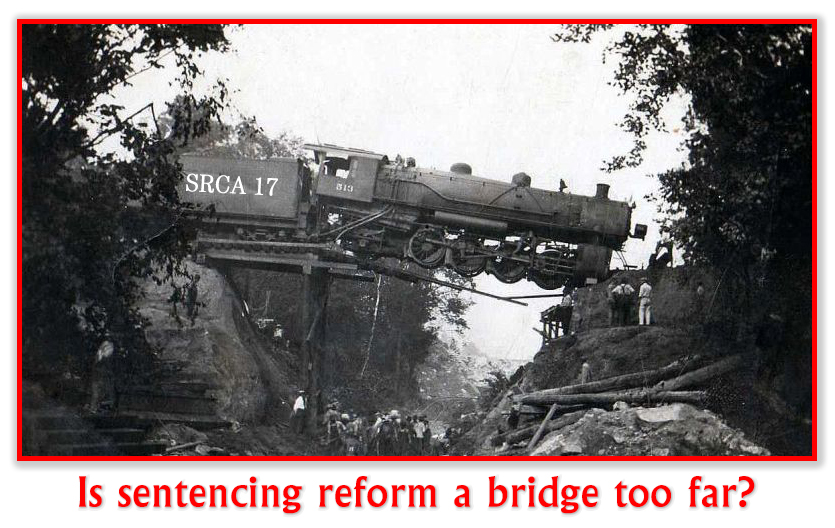 Also speaking practically, the magazine American Conservative last Friday noted that mandatory minimums and other policies that make America the incarceration capital of the world, a product of the lock-’em-up mentality, have “tarnished the image of Republicans and conservatives in the minds of many. Though Republicans have greatly increased their political power in recent elections, they have nevertheless alienated many of the fastest growing segments of the electorate, casting a pall across the impressive electoral successes of the past decade.”
Also speaking practically, the magazine American Conservative last Friday noted that mandatory minimums and other policies that make America the incarceration capital of the world, a product of the lock-’em-up mentality, have “tarnished the image of Republicans and conservatives in the minds of many. Though Republicans have greatly increased their political power in recent elections, they have nevertheless alienated many of the fastest growing segments of the electorate, casting a pall across the impressive electoral successes of the past decade.”
In a lengthy article, the authors called for the “extension of conservative principles to criminal justice policies.” They observed that “right-leaning organizations, armed with polling data that show significant backing from many conservatives, are mobilizing on criminal justice issues. It’s time to leverage these efforts to rebuild the conservative identity. Perhaps no other policy area holds more potential than criminal justice reform.”
Washington Post, No more pits of despair. Offenders are still humans (July 4, 2018)
The American Conservative, Where the Right Went Wrong on Criminal Justice (July 6, 2018)
– Thomas L. Root


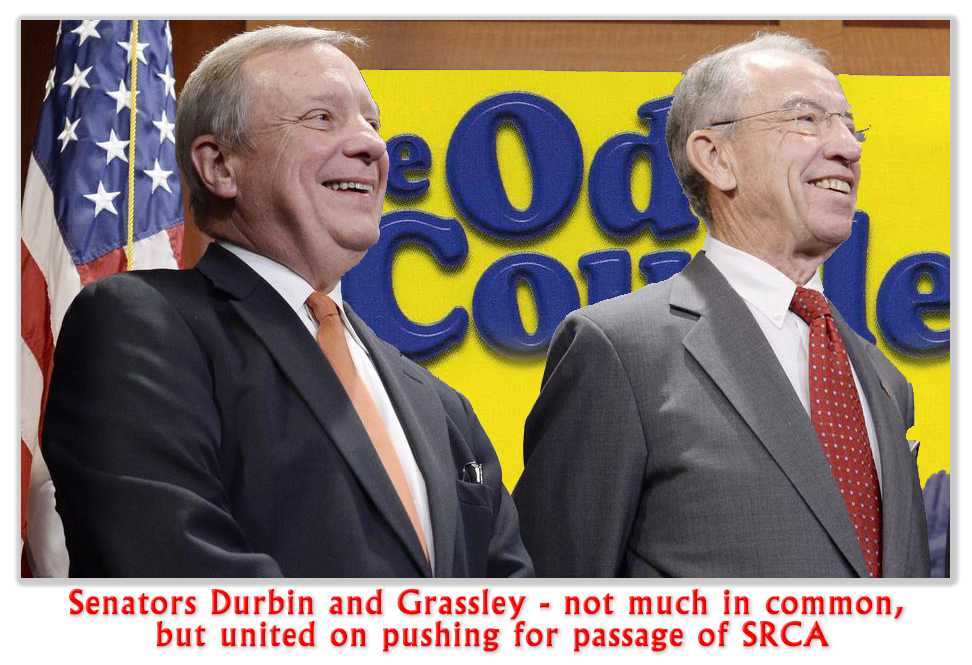








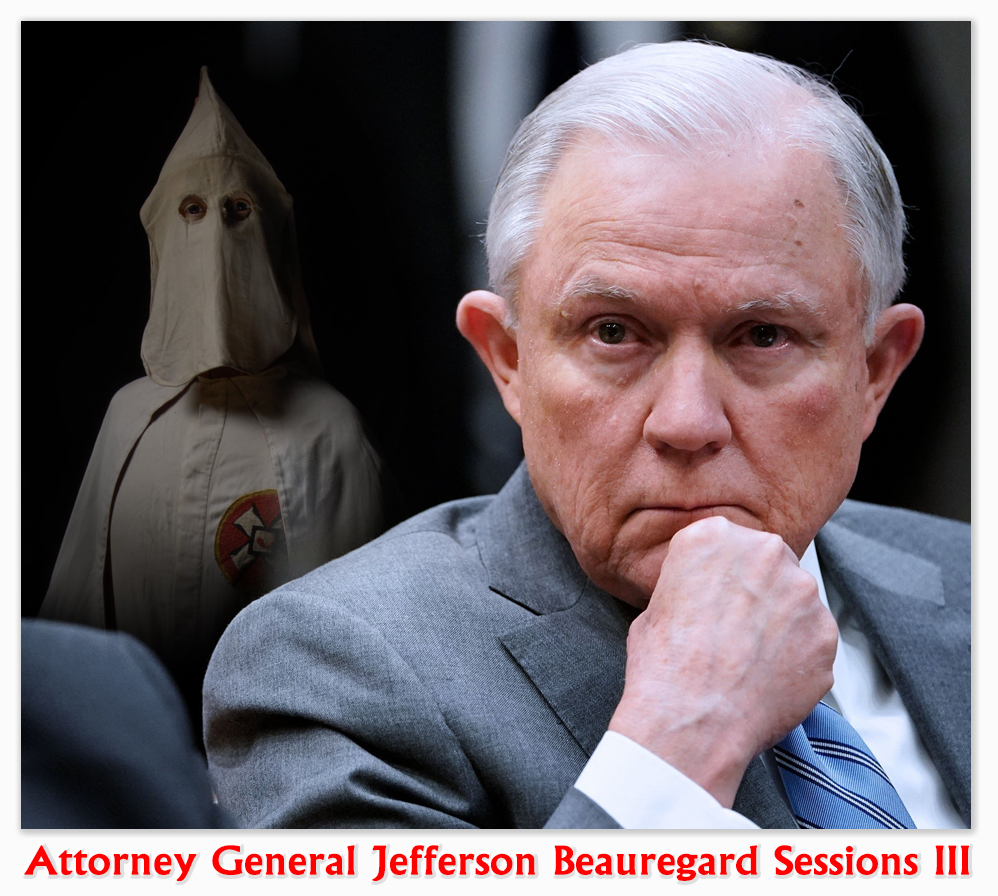





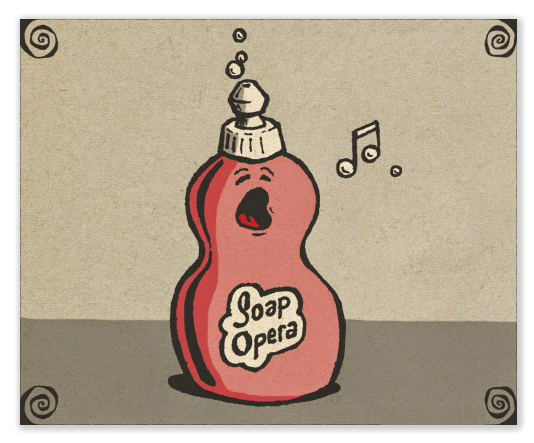
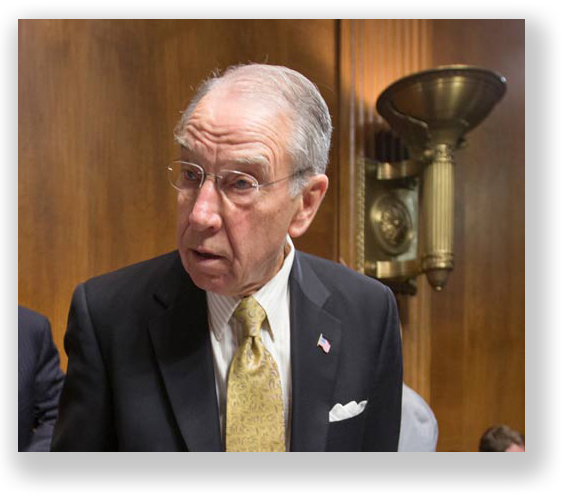


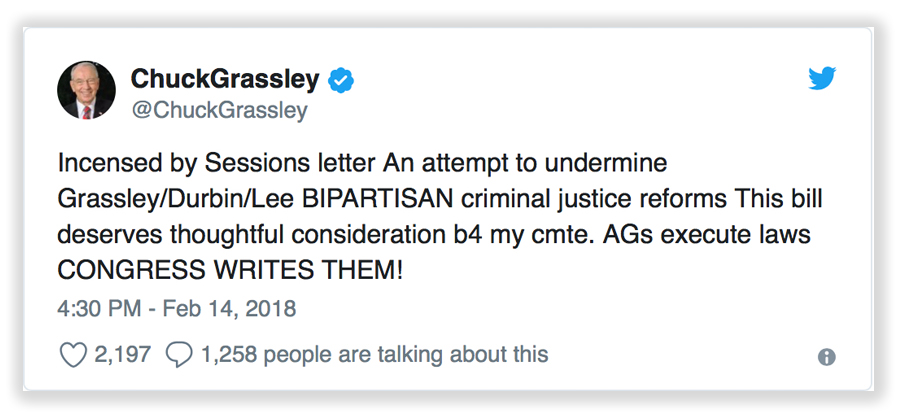 In October 2015,
In October 2015, 